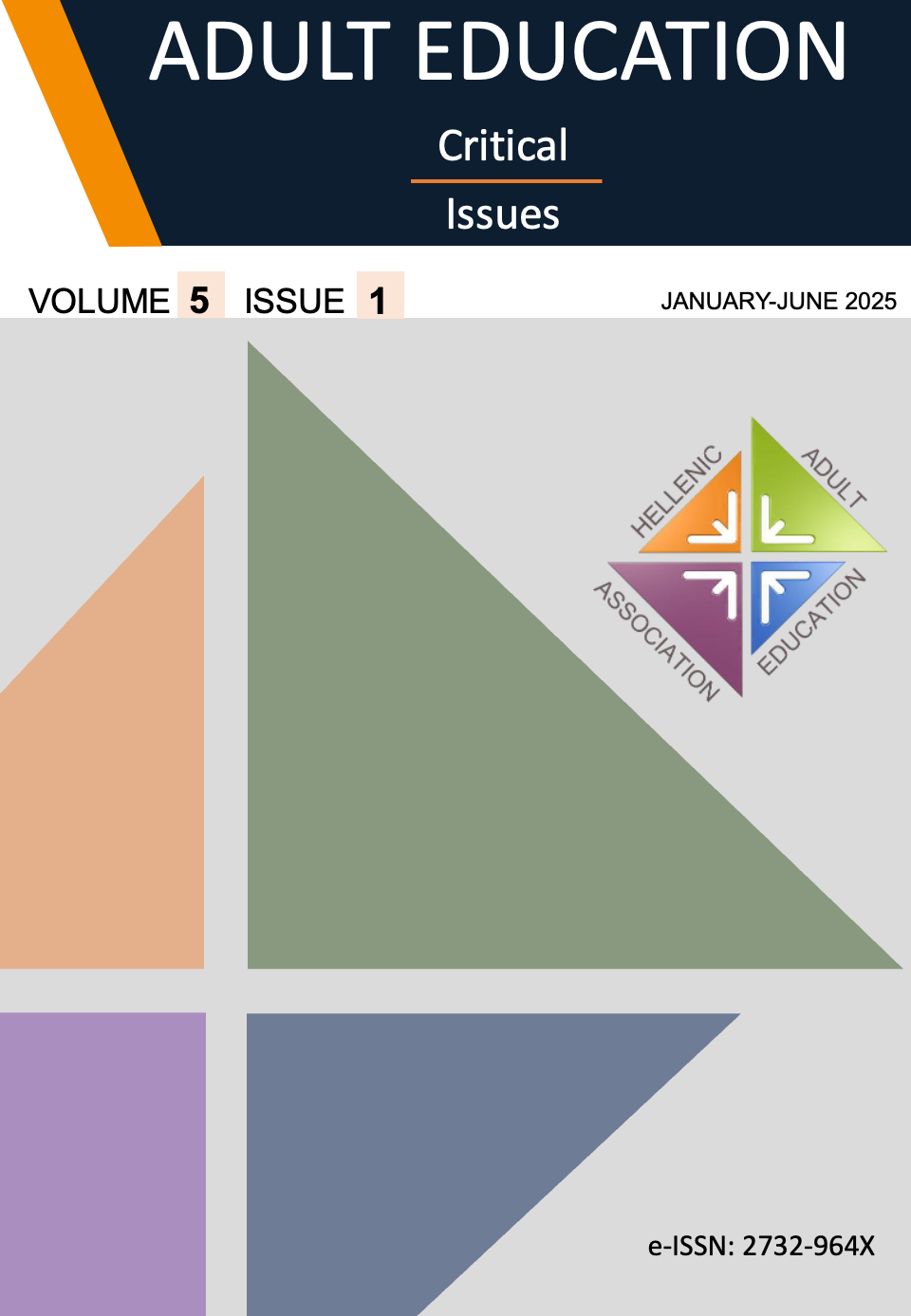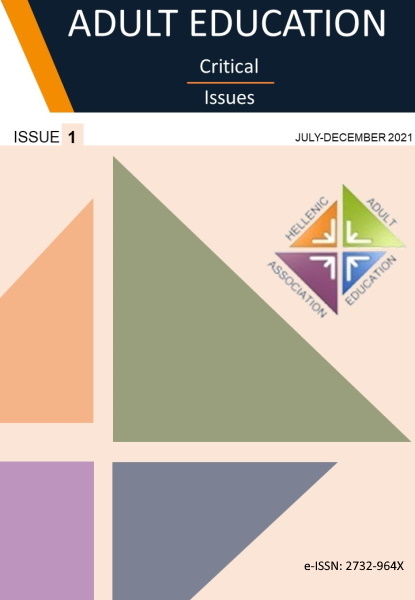The EU Communication 'Union of Skills': A further step toward embedding skills policies within a competitiveness-oriented economic rationality
Περίληψη
The European Commission’s Union of Skills, published on March 5, 2025, is presented as a strategic response to what is increasingly described as a multidimensional skills crisis, within a global context marked by growing uncertainty, geopolitical tensions, technological and environmental transformations, and deepening social inequalities. Within this framework, the EU appears to prioritize competitiveness by adopting an integrated approach to education, training, and employment policies, aligning them with economic priorities in an increasingly competitive international environment. This study critically examines the limitations of such a strategy, focusing on its strong emphasis on the economic function of education, often at the expense of its broader roles in fostering critical thinking, promoting social inclusion, and enhancing democratic participation. The initiative primarily centers on the concept of human capital development as an investment process, promoting a narrow linkage between skills and the short term needs of the labor market. In this light, skills policies are integrated into the EU’s broader strategic narrative for green and digital transition, reinforcing the view that lifelong learning and continuous skills development are key drivers of productivity and innovation. However, the technocratic and instrumentalist perspective shaping EU skills policy -despite its rhetorical commitment to social justice- may risk reinforcing existing social inequalities, particularly when it fails to account for the differentiated needs and socio-economic specificities of member states and social groups. The study highlights that the Union of Skills represents both a continuation and evolution of previous EU strategies, while also introducing new, increasingly concentrated governance structures. These may further entrench the link between education and macroeconomic goals and push national policies toward convergence under a common European trajectory. Against this backdrop, the key question remains whether this policy framework can be re-signified in ways that go beyond competitiveness to genuinely promote democratic well-being, social cohesion, and personal self-actualization. The study ultimately argues for a new, holistic and human-centered -as opposed to business-centered- approach to skills policy—one grounded in the principles of social justice, solidarity, and democracy. Education should not be confined to a purely instrumental role; as Paulo Freire once wrote, it must remain a practice of freedom—nurturing active participation and meaningful social progress.
Λεπτομέρειες άρθρου
- Πώς να δημιουργήσετε Αναφορές
-
Lintzeris, P., & Valassi, D. (2025). The EU Communication ’Union of Skills’: A further step toward embedding skills policies within a competitiveness-oriented economic rationality. ADULT EDUCATION Critical Issues, 5(1), 7–22. https://doi.org/10.12681/haea.41618
- Ενότητα
- Άρθρα

Αυτή η εργασία είναι αδειοδοτημένη υπό το CC Αναφορά Δημιουργού 4.0.
Οι Συγγραφείς που δημοσιεύουν εργασίες τους σε αυτό το περιοδικό συμφωνούν στους παρακάτω όρους:
- Οι Συγγραφείς διατηρούν τα Πνευματικά Δικαιώματα και χορηγούν στο περιοδικό το δικαίωμα της πρώτης δημοσίευσης ενώ ταυτόχρονα τα πνευματικά δικαιώματα της εργασίας προστατεύονται σύμφωνα με την Creative Commons Attribution License που επιτρέπει σε τρίτους - αποδέκτες της άδειας να χρησιμοποιούν την εργασία όπως θέλουν με την προϋπόθεση της διατήρησης των διατυπώσεων που προβλέπονται στην άδεια σχετικά με την αναφορά στον αρχικό δημιουργό και την αρχική δημοσίευση σε αυτό το περιοδικό.
- Οι Συγγραφείς μπορούν να συνάπτουν ξεχωριστές, και πρόσθετες συμβάσεις και συμφωνίες για τη μη αποκλειστική διανομή της εργασίας όπως δημοσιεύτηκε στο περιοδικό αυτό (π.χ. κατάθεση σε ένα ακαδημαϊκό καταθετήριο ή δημοσίευση σε ένα βιβλίο), με την προϋπόθεση της αναγνώρισης και την αναφοράς της πρώτης δημοσίευσης σε αυτό το περιοδικό.
- Το περιοδικό επιτρέπει και ενθαρρύνει τους Συγγραφείς να καταθέτουν τις εργασίες τους μέσω διαδικτύου (π.χ. σε ένα ακαδημαϊκό καταθετήριο ή στις προσωπικές τους ιστοσελίδες) πριν και μετά από τις διαδικασίες της δημοσίευσης, καθώς αυτό μπορεί να οδηγήσει σε παραγωγική ανταλλαγή ιδεών και σκέψεων καθώς επίσης και σε γρηγορότερη και μεγαλύτερη χρήση και ευρετηρίαση της δημοσιευμένης εργασίας (See The Effect of Open Access).




